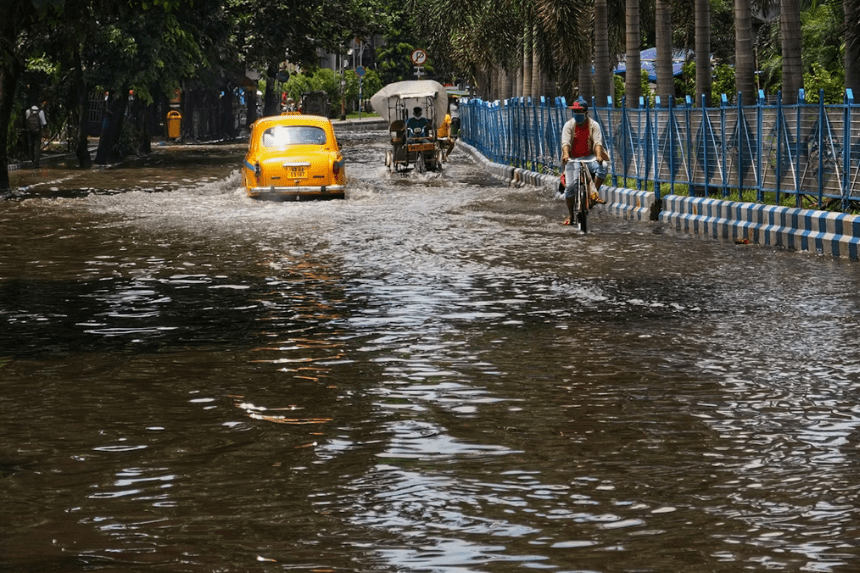In the Philippines, severe floods have once again crippled daily life. But this year, a bounce of public anger has followed water. The deteriorating rains of monsoon rains have raised outrage over the alleged Philippines’ flood corruption, as the infrastructure is unaware for the Arabs for the billions of projects. Residents in flood-prone areas feel abandoned by alleged ghost projects, nepotism, and misuse of public wealth.
From social media to the streets, citizens are demanding accountability from government officials, contractors, and political families. Rising frustration with disasters reflects long-standing concerns about the misuse of money-now climate change, and the poor have deteriorated due to urban planning.
Why Are Filipinos Furious About Flood Projects?
For many Filipinos, daily transport through back and deep water has become a way of life. In cities like Metro Manila near Manila, locals use paddle boats to reach clinics, schools, and workplaces. But even in such circumstances, frustration is turning into anger.
Citizens accused government officials of misusing funds for flood control. A recent discovery by the President has shown that a major flood dam project is not present. Further investigation revealed that 70% of the budget for flood infrastructure may have been lost to corruption.
Meanwhile, social media platforms are filled with public frustration videos and images. Satire AI clips compare politicians with crocodiles – a symbol of greed in the country. Here is the link to our article on Pakistan Flood Vulnerability.
What Role Does Corruption Play in the Crisis?
There are contractors at the center of the scam who allegedly won the government bid for flood control operations, then failed to distribute them. A high-profile firm, owned by a social media-famous couple, is under investigation, when videos appeared after showing the video, including a garage filled with imported cars.
Their firm is now blacklist, and both the Senate and the Representatives are investigating the alleged misuse of funds. The couple paid the kickback, carrying forward public anger.
The so-called “NEPO infants” are being linked to connecting the public’s frustration-children of devoted families are hoisting money online, while their districts live under water. These posts have been strictly criticized, with hashtags such as #NePobabies across the country.
How Is the Government Responding?
President Ferdinand Marcos Jr. has ordered a formal inquiry into the Philippines’ flood corruption. He accepted public anger and encouraged peaceful protests, saying, “Tell them how much they have hurt you … perform – but make it peaceful.”
In response, the Central Bank has frozen the assets of the companies under suspicion, and several top MPs are subject to intensive investigation. However, many Filipino suspects fear that an investigation may not cause real improvement.
Employees of the Public Works Department have been allowed to stop publicly wearing uniforms due to harassment from angry citizens. Here is the link to our article on the Uttarakhand Flood Emergency.
What Are Filipinos Doing to Demand Justice?
Anger has dropped offline as protests are being planned to mark the major dates in the political history of the country, including the anniversary of martial law. The purpose of these rallies is to draw attention to a cycle of corruption that many people believe is repeating itself under a new generation of leaders.
Meanwhile, the creators on platforms such as TikTok are rallying behind the reason. A popular group called Creators Against Corruption has vowed to take care of the people on the scam. The viral content exposes a sharp contrast between the difficulties of taxpayers and the grand life of political couples.
Local people like Rhenes Rafael Galang are also using the moment to innovate. He has gone viral to sell rain gear according to flooded roads, which involves understanding both frustration and flexibility.
Final Thoughts
The Philippines’ flood corruption scam has exposed the government’s mismanagement and its deepest roots with aristocratic privileges. As the roads are submerged and billions disappear, Filipinos are demanding transparency, justice, and long-term accountability. While the investigation has started, the public is cautious – and determined not to let this resentment fade without improvement.








